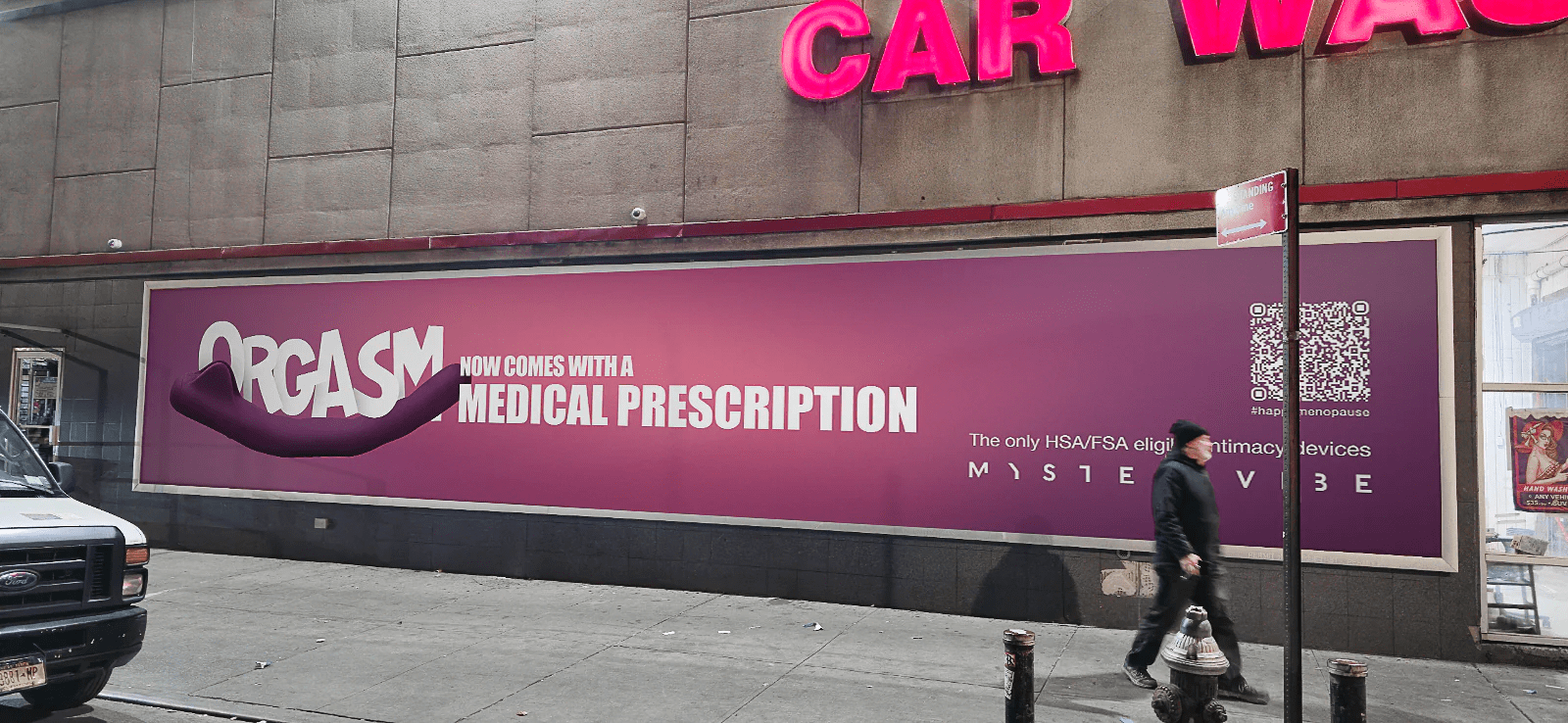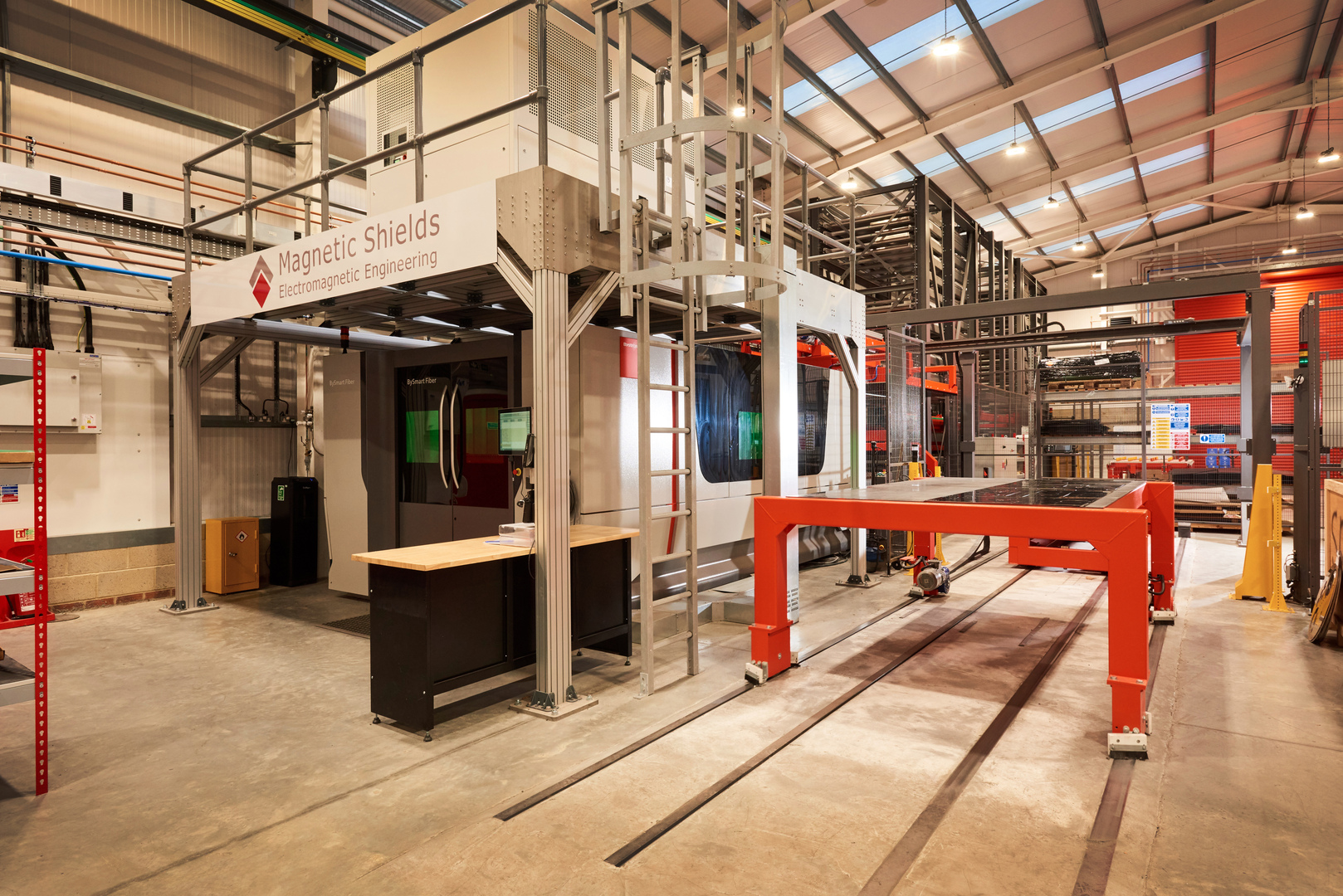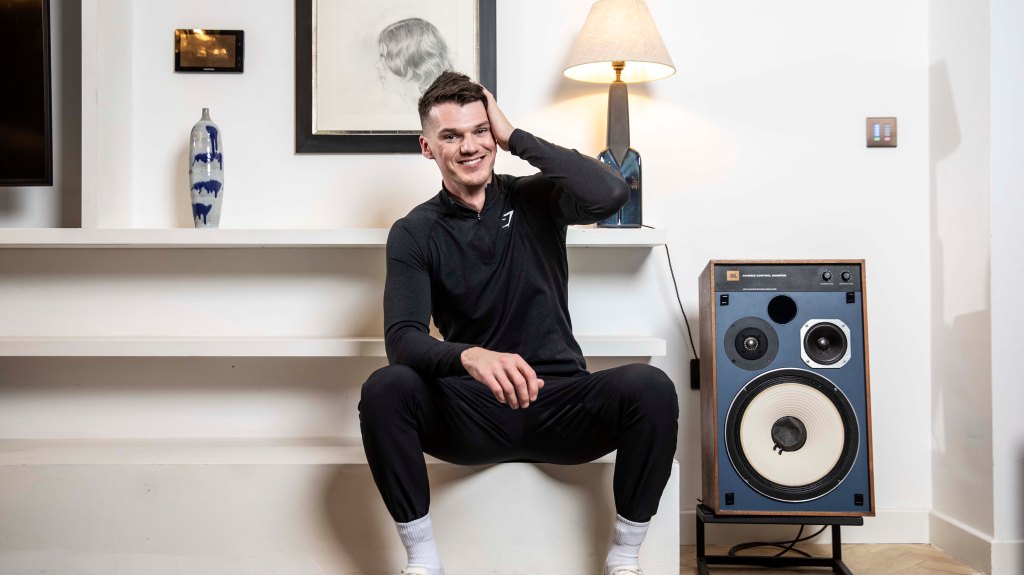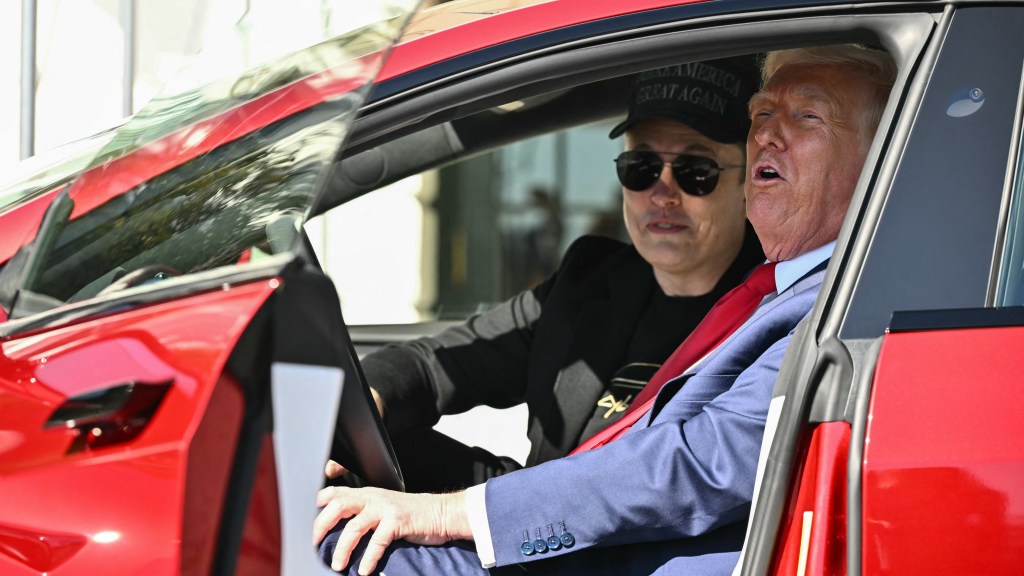Uncovering Opportunities Amid Trump Tariffs
This January, a vessel carrying 80,000 medical vibrators arrived at the Port of Los Angeles, marking the beginning of a strategic initiative by a small British company aimed at navigating the challenges posed by Trump’s tariffs on imports.
Based in Guildford, MV Health and its consumer-focused brand, MysteryVibe, initiated preparations as early as June last year. They secured £1.5 million from investors and placed orders for a year’s supply of vibrators and various intimate health devices from their Chinese manufacturing partner.
Soum Rakshit, founder and CEO of the company, credited his investors for their foresight in anticipating tariff impacts: “From a very non-political standpoint, they believed there was a strong likelihood of governmental changes that would affect trade policies, particularly with Trump imposing tariffs on China during his tenure.”
The bulk of MV Health’s revenue is derived from the American market. Their devices serve approximately 200,000 individuals dealing with issues such as pelvic discomfort, erectile dysfunction, menstrual pain, and other health concerns. Product design occurs in the UK, while manufacturing is outsourced to China.
Typically, MV Health orders stock in three-month intervals to manage cash flow effectively. Rakshit noted that ordering a full year’s supply would have been a “massive” gamble if Tariffs hadn’t materialized. He remarked, “Had we committed to such a large order without a tariff in place, we would have been left with a hefty sum of cash tied up unnecessarily.”
However, Rakshit deemed the alternative—crippling tariffs—as significantly more precarious. Before Trump announced tariffs of 145 percent on select imports from China, he expressed concerns, stating, “If I ship the products, which takes two months, by the time they arrive, tariffs could escalate to 100 percent, and the goods would be held until the full amount is paid.”
Six of MV Health’s products are approved by the US Food and Drug Administration (FDA) and are eligible for reimbursement through the US Department of Veterans Affairs for veterans.

To comply with US military hospital requirements stipulating that medical devices be produced domestically, MV Health has expedited plans to establish US manufacturing capabilities. The initial shipment and existing inventory are anticipated to meet demand until December, by which time the company hopes to secure a US manufacturing partner.
Rakshit commented, “While it doesn’t eliminate tariff challenges, it offers us a necessary timeframe to implement US-based manufacturing, which is our only viable long-term option.” The company intends to maintain its Chinese manufacturing operations for global markets.
MV Health is not alone in considering the ramifications of soaring tariffs—many businesses are discovering potential advantages. James Griffith, co-founder and CEO of tech accessories firm Mous, noted that companies previously under-trading in the American market, focusing instead on global outreach, are finding themselves better positioned against US competitors.
“As a British company, our largest markets are the UK, Europe, and other areas worldwide, so the tariffs are somewhat advantageous for us when competing against American firms. We’re also observing supply chain cancellations from competitors, allowing us to increase orders and reduce costs. As they struggle, we’re capitalizing on the opportunity,” Griffith remarked, indicating that discounts of 20 percent are available.

Adapting to Changing Circumstances
Nestled in the Weald of Kent, a family-owned enterprise plays an essential role in the lucrative semiconductor sector (report by Richard Tyler).
Founded in 1957, Magnetic Shields serves the Dutch company ASML, known for its extreme ultraviolet lithography machines, pivotal in creating high-performance computer chips. As the sole supplier of shielding for ASML’s two-nanometer machines, Magnetic Shields supports companies like Taiwan Semiconductor Manufacturing Company in producing cutting-edge chips used in devices from Apple and Nvidia.
According to Managing Director David Woolger, the company has evolved its applications since World War II, transitioning from radar shielding to components for hard disk drives and monitors for IBM in the 1970s. He stated that Trump’s tariffs are just another in a series of significant changes: “Our history has accustomed us to adapt swiftly to cyclical changes, the latest being tariffs, and we remain vigilant to adjust as necessary.”
Now, Magnetic Shields also caters to the medical, defense, and aerospace sectors, with clients like NASA employing their shields in missions including the solar orbiter launched to collect data from the sun, and on expeditions to Mars. “We maintain a global supply chain and an international customer base,” Woolger added, noting that approximately 20 percent of the company’s £12.5 million in sales come from the US.
The raw materials for Magnetic’s shielding products are sourced from mills in France and Germany, with their main US competitors also relying on the same European suppliers. Recently, it appeared that Magnetic Shields might benefit from Trump’s tariffs; they incur a 10 percent duty on imports to the US, while American competitors face a 20 percent tariff on incoming raw materials. Thankfully, Magnetic Shields is exempt from tariffs on European imports.
However, last Wednesday, Trump suspended the reciprocal tariffs for 90 days on all countries except China, reducing the fee for goods from the European Union to 10 percent, thereby negating any advantage Magnetic Shields might have had.
Despite this, the pause does not affect the existing 25 percent tariffs imposed on select imports from Canada and Mexico. This ongoing uncertainty has led Magnetic Shields to field inquiries from Canadian potential customers seeking to shift orders from the US. “Yesterday, we signed a new client from Canada,” Woolger stated, pointing out early signs of potential benefits amidst these changes, though he remains aware of the negative impact on core clients like ASML.
Proactively preparing for future developments, Woolger has established a new company, Magnetic Shields USA Corporation, based in Florida. He explained, “Establishing this US entity is a strategic move to enable us to respond to ongoing changes and enhance our capacity for growth in the US market, should the need arise.”




Post Comment